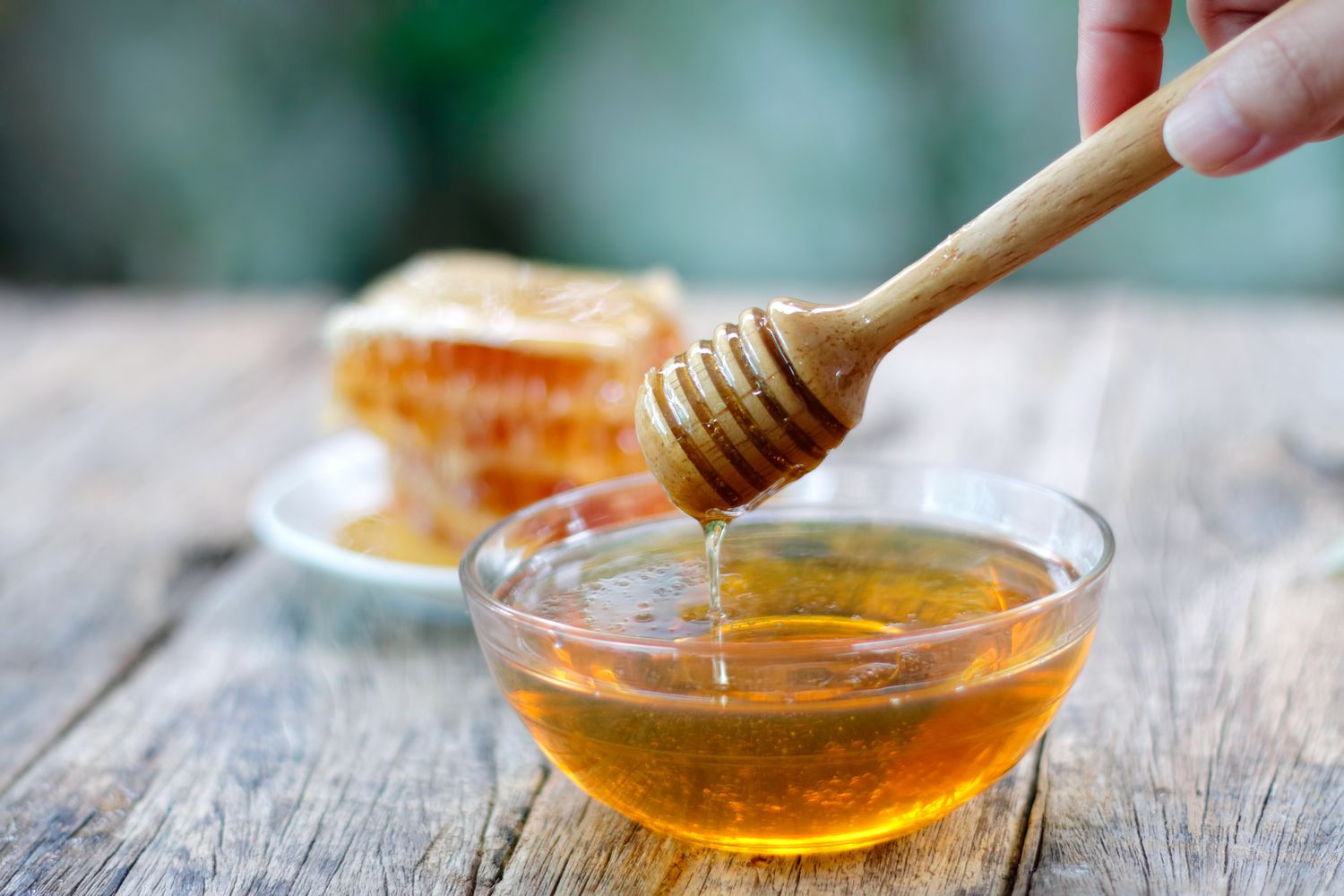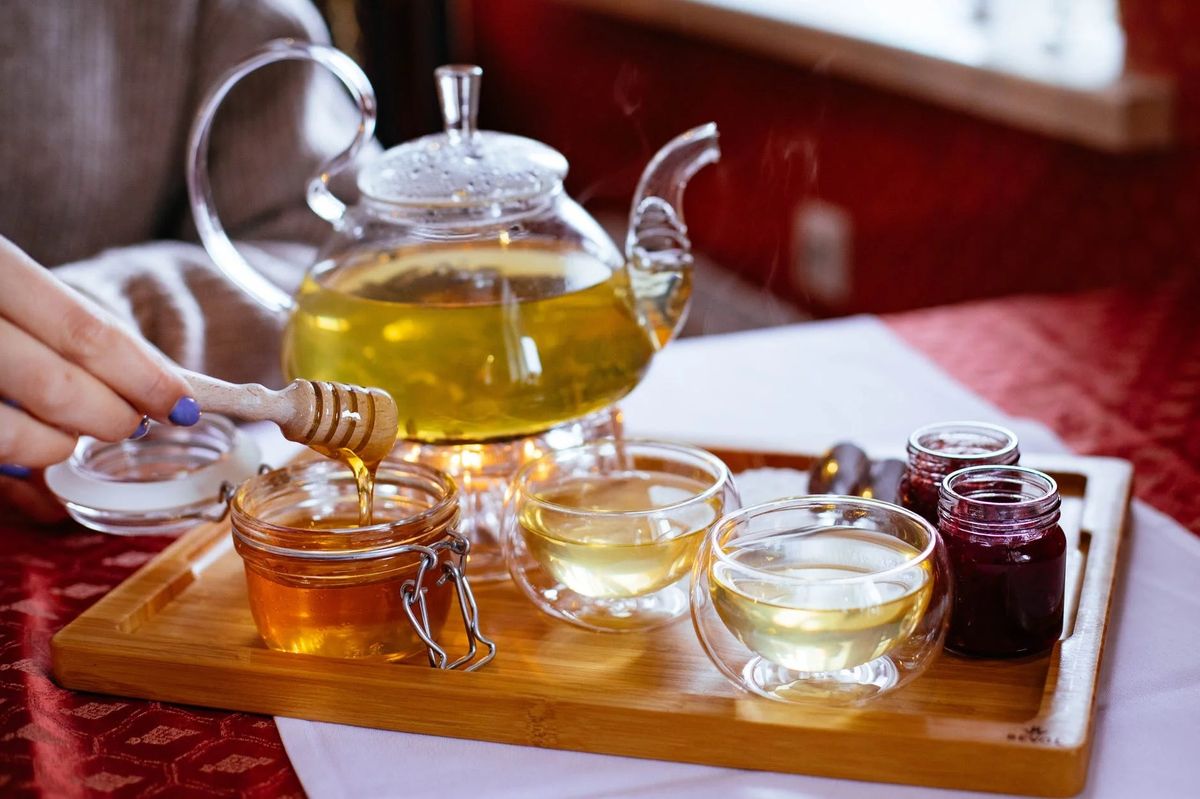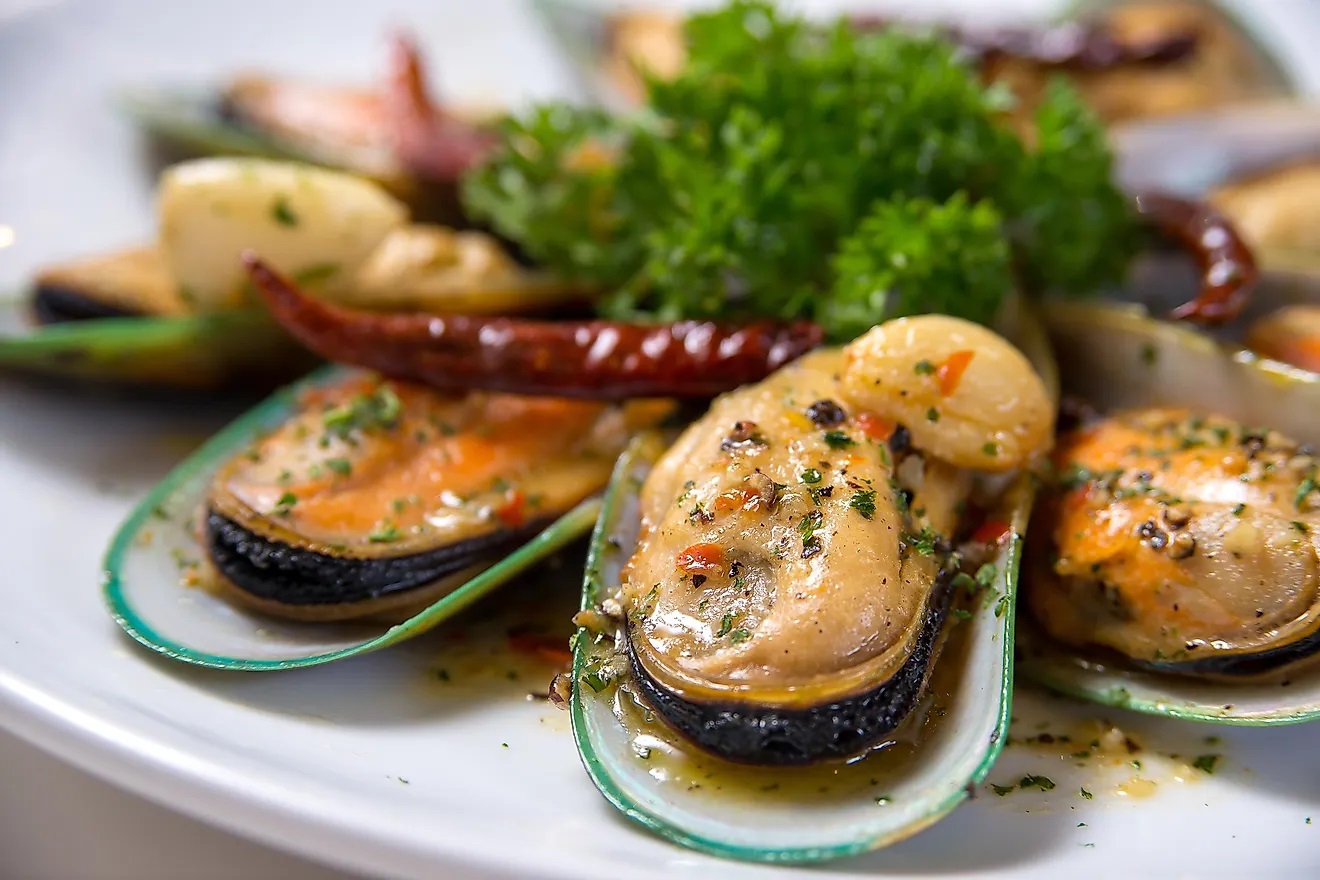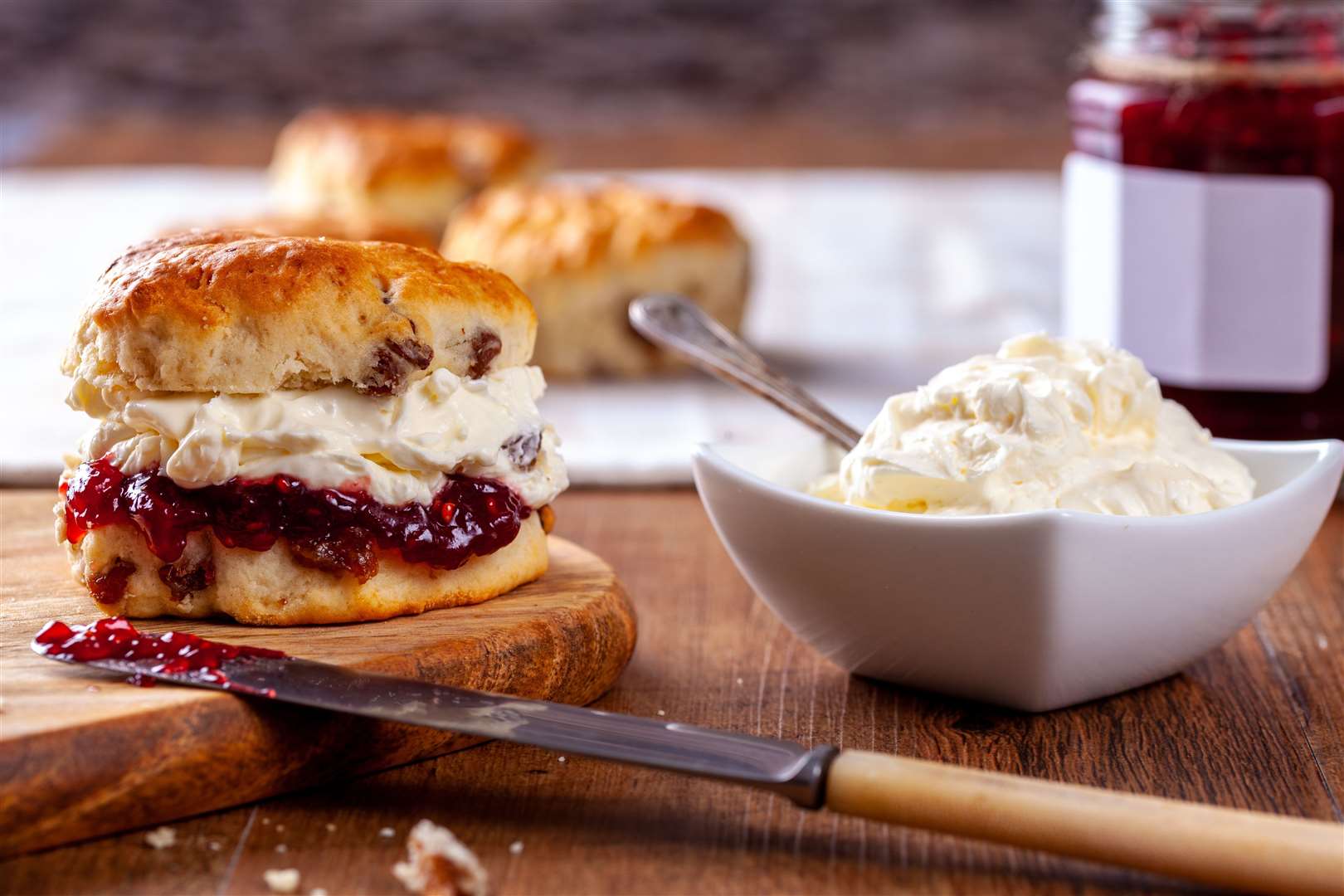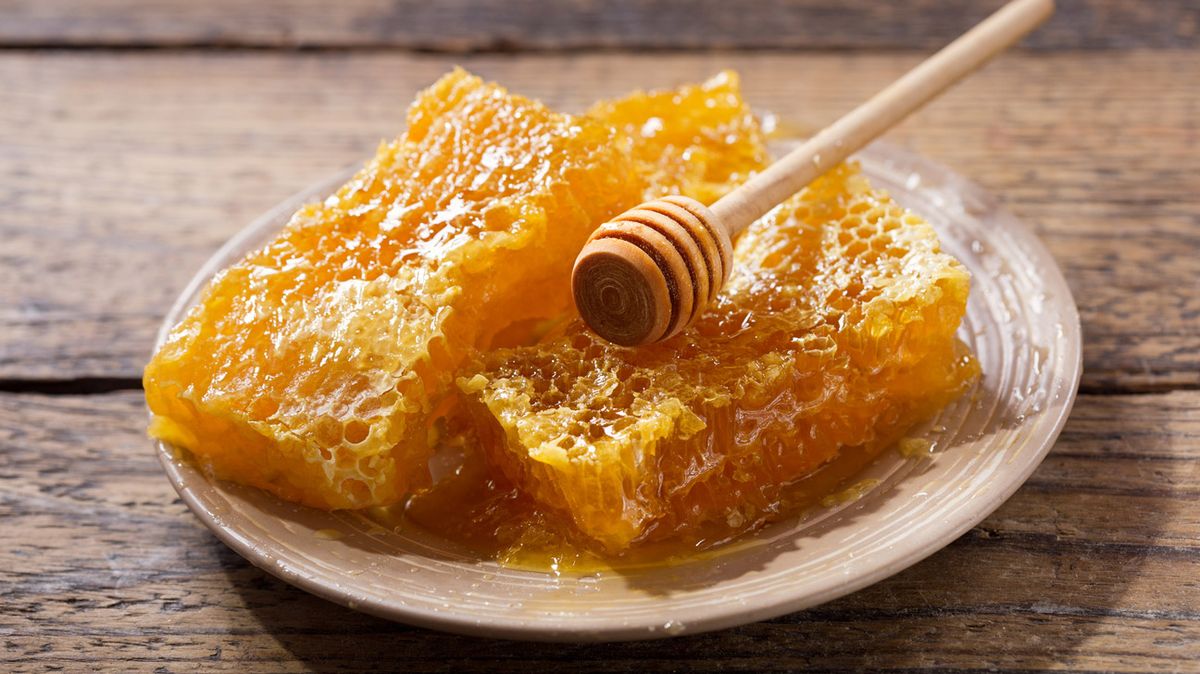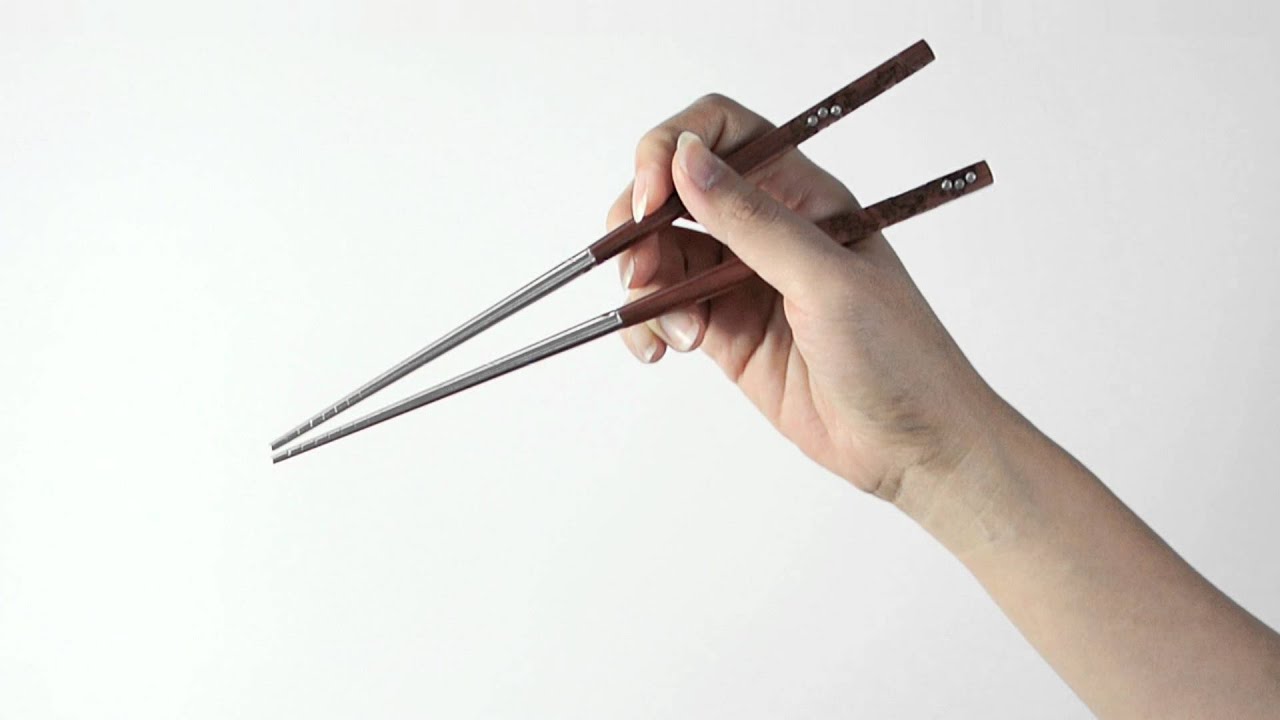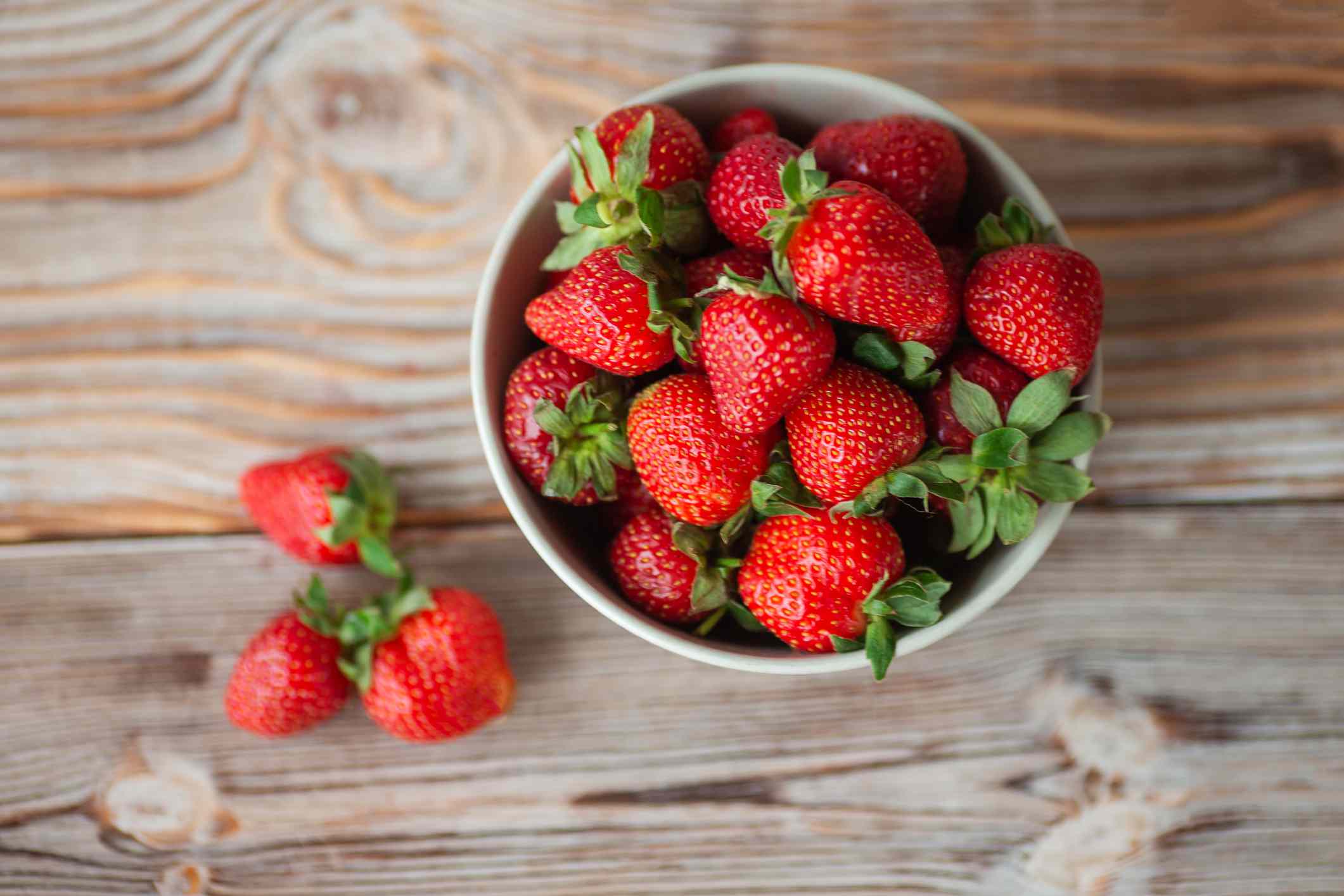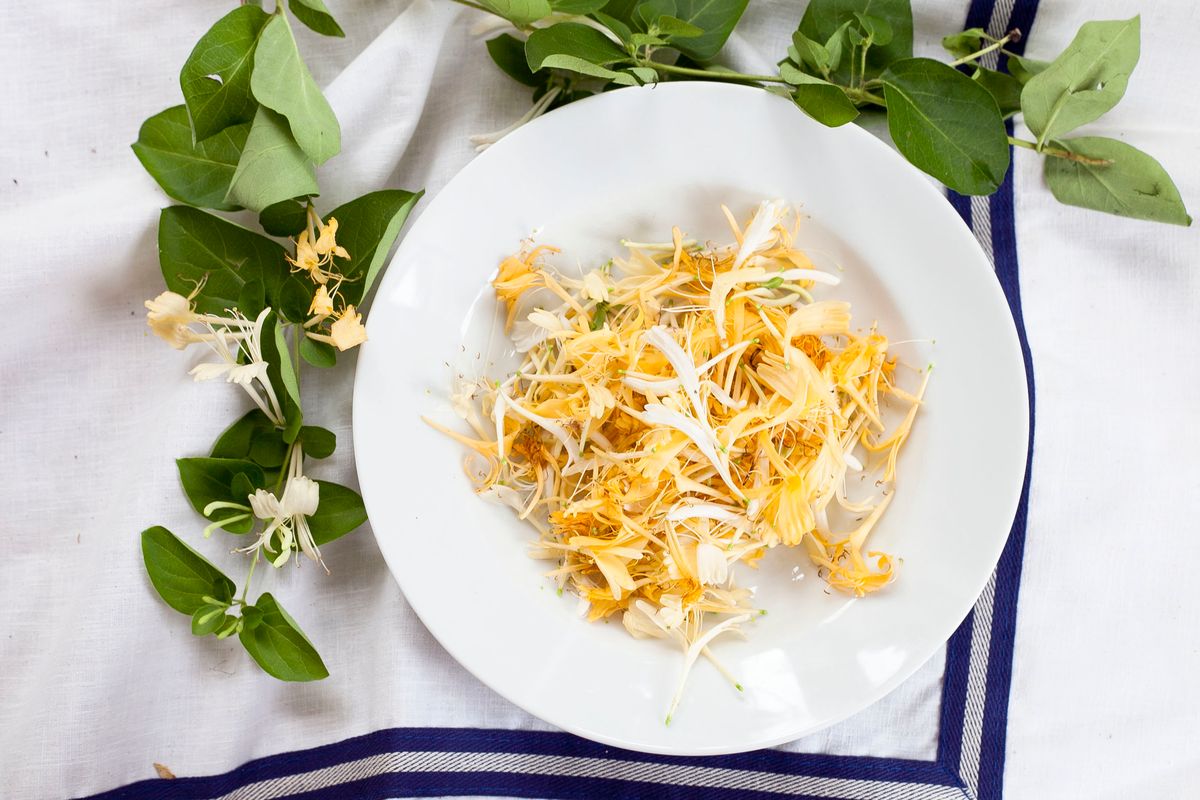Unlocking the Benefits of Manuka Honey
Manuka honey is a special type of honey that is produced in New Zealand by bees that pollinate the native manuka bush. It is renowned for its unique flavor and numerous health benefits. When it comes to enjoying this delicious and nutritious honey, there are a few key things to keep in mind to ensure that you are getting the most out of it.
Choosing the Right Manuka Honey
When selecting Manuka honey, it’s important to look for the Unique Manuka Factor (UMF) rating. The UMF rating is a globally recognized standard that measures the levels of three signature compounds – leptosperin, DHA, and methylglyoxal – found in genuine Manuka honey. The higher the UMF rating, the greater the concentration of these beneficial compounds. Look for a UMF rating of 10 or higher to ensure you are getting a high-quality product.
Ways to Enjoy Manuka Honey
There are several ways to incorporate Manuka honey into your diet to reap its benefits:
- Direct Consumption: One of the simplest ways to enjoy Manuka honey is by consuming it directly. You can take a spoonful of Manuka honey on its own or add it to your favorite hot beverage, such as tea or warm water with lemon.
- Spread it: Manuka honey can be used as a delicious spread on toast, pancakes, or waffles. Its unique flavor adds a delightful twist to your breakfast or snack.
- Enhance Recipes: Incorporate Manuka honey into your cooking and baking. It can be used as a natural sweetener in salad dressings, marinades, and desserts.
Understanding the Correct Dosage
While Manuka honey offers a range of health benefits, it’s essential to consume it in moderation. The recommended daily intake of Manuka honey is 1 to 2 tablespoons for adults. It’s important to remember that honey is still a form of sugar, so excessive consumption should be avoided.
Health Benefits of Manuka Honey
Manuka honey is celebrated for its potential health-boosting properties, including:
- Antibacterial and Antioxidant Properties: Manuka honey contains natural antibacterial and antioxidant compounds that can support the immune system and promote overall well-being.
- Wound Healing: It has been used for centuries as a natural remedy for wound healing and skin conditions due to its antibacterial and anti-inflammatory properties.
- Digestive Health: Some studies suggest that Manuka honey may have a positive impact on digestive health, aiding in soothing stomach discomfort and supporting gut health.
Storing Manuka Honey
To preserve the quality of Manuka honey, it’s important to store it properly. Keep it in a cool, dry place away from direct sunlight. Avoid exposing it to high temperatures, as heat can degrade its beneficial properties.
Final Thoughts
Manuka honey is a versatile and delicious addition to your diet, offering a range of potential health benefits. By choosing high-quality Manuka honey with a significant UMF rating and incorporating it into your daily routine in moderation, you can harness its natural goodness and enjoy its unique flavor.
Remember to savor each spoonful of this golden elixir, knowing that you are not only indulging in a delightful treat but also nourishing your body with the goodness of nature.
Was this page helpful?
alcoeats
Buy Indian spices, seasonings and a variety of herbs online in the US to cook quick and tasty Indian food.We provide tastier, healthier, and better spices for our customers to enjoy.
